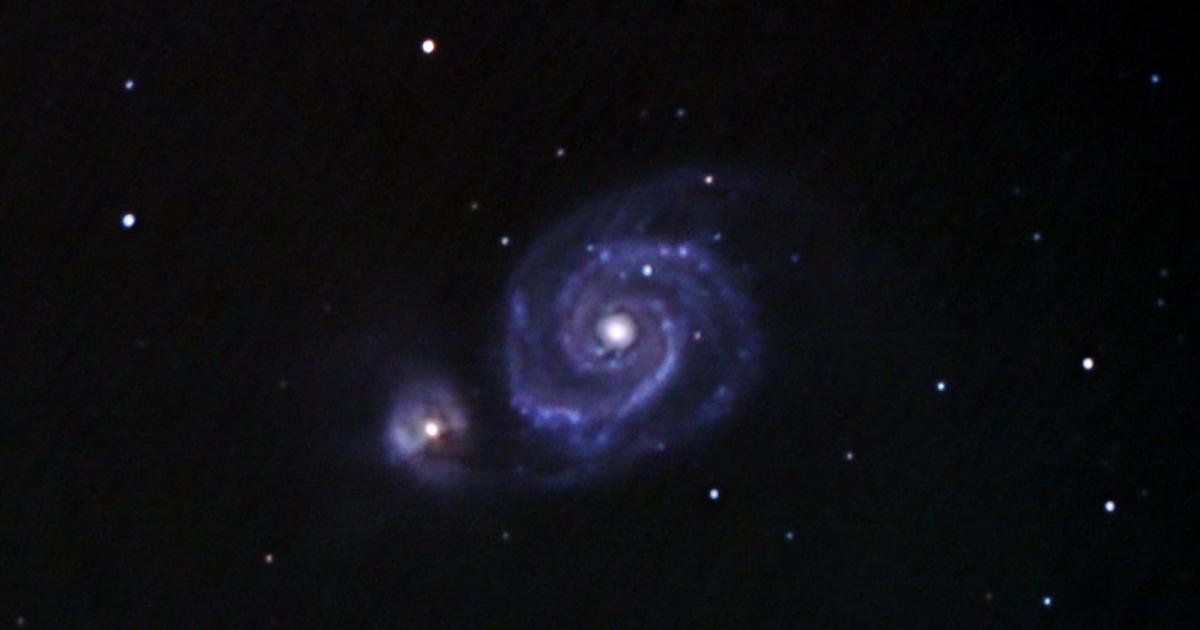
Hiszpania - krajem astronomii
Jednym z najbardziej fascynujących aspektów Hiszpanii z punktu widzenia astronomii są doskonałe warunki atmosferyczne sprzyjające obserwacjom nocnego nieba. Dzięki stosunkowo rzadkiemu zachmurzeniu oraz niskiej wilgotności powietrza, wiele obszarów Hiszpanii oferuje klarowne noce, idealne do obserwacji gwiazd, planet i innych ciał niebieskich. Region, który wyróżnia się szczególnie pod tym względem, to Hiszpańskie Wyspy Kanaryjskie. To właśnie tam znajduje się największe obserwatorium astronomiczne na świecie – Roque de los Muchachos na wyspie La Palma.
Obserwatorium na La Palmie to centrum badań astronomicznych o międzynarodowym znaczeniu. Wyposażone w najnowocześniejsze instrumenty, zapewnia nie tylko doskonałe warunki do prowadzenia obserwacji, ale także umożliwia prowadzenie zaawansowanych badań kosmicznych. Zakrzywione lustra, teleskopy o gigantycznych rozmiarach oraz zaawansowane kamery pozwalają naukowcom zgłębiać kosmiczne tajemnice ze znaczną precyzją.
W Hiszpanii istnieje również wiele innych obserwatoriów astronomii, zarówno publicznych, jak i prywatnych, rozsianych na terenie całego kraju. Wśród nich warto wymienić Obserwatorium Astronomiczne w Madrycie czy Obserwatorium del Teide na Wyspach Kanaryjskich. Dzięki takiej różnorodności obserwatoriów, Hiszpania staje się istotnym ośrodkiem badawczym w dziedzinie astronomii. Hiszpańscy inżynierowie od lat odgrywają kluczową rolę w rozwoju technologii obserwacyjnych i kosmicznych. Ich wkład w konstruowanie zaawansowanych teleskopów, instrumentów badawczych oraz satelitów przekłada się na postęp w dziedzinie astronomii oraz eksploracji kosmosu. Dzięki ich zaangażowaniu, Hiszpania zyskała uznanie wśród światowej społeczności astronomicznej jako kraj zdolny do opracowania i wdrożenia innowacyjnych technologii kosmicznych.
Nie można zapomnieć o tym, że Hiszpania jest również jedną z najpopularniejszych destynacji astroturystycznych. Coraz większa liczba turystów specjalizujących się w obserwacjach astronomicznych odwiedza ten kraj, by podziwiać nocne niebo w jednym z najlepszych miejsc na świecie do tego celu. Możliwość uczestnictwa w nocnych obserwacjach, warsztatach astronomii czy organizowanych nocą wycieczkach sprawia, że Hiszpania przyciąga entuzjastów kosmosu z całego świata.
Podsumowując, Hiszpania jest krajem, w którym astronomia odgrywa istotną rolę zarówno pod względem naukowym, jak i turystycznym. Dobre warunki do obserwacji astronomicznych, obecność zaawansowanych obserwatoriów, wkład hiszpańskich inżynierów w rozwój technologii obserwacyjnych oraz popularność jako destynacja astroturystyczna sprawiają, że Hiszpania zasługuje na miano światowego centrum astronomicznego.

GCT - Gran Telescopio de Canarias - obecnie największy teleskop na świecie znajduje się na La Palmie. Na zdjęciu Charles Westphal z Astronomy Tours przy tym monstrualnym teleskopie o prawie 11 metrowym lustrze.
W regionie Costa Calida i południowej Costa Blanca w Hiszpanii, astronomiczne warunki obserwacyjne są zazwyczaj dobre ze względu na niskie zanieczyszczenie światłem oraz częste noce o przejrzystym niebie. Główne obiekty, które mogą być obserwowane z tego obszaru przez astronomów hobbystycznych, to:
1. Droga Mleczna:
Ze względu na niskie zanieczyszczenie światłem, Droga Mleczną jest dobrze widoczna na nocnym niebie, zwłaszcza latem.
2. Planety:
Często można obserwować planety takie jak Jowisz, Saturn, Mars czy Wenus. O ile są one aktualnie widoczne na nocnym niebie, mogą one stanowić interesujący obiekt do obserwacji przez teleskop.
3. Gromady gwiazd, galaktyki i mgławice:
W tym obszarze astronomicznym można zaobserwować różne gromady gwiazd odległe galaktyki i mgławice, takie jak Mgławica Oriona, Mgławica Laguna, Galaktyka Bode i Cygaro, Gromada Plejad czy Gromada Herkulesa, oraz przy zastosowaniu odpowiedniego sprzętu - wiele bardziej oddalonych obiektów.
4. Obserwacje Księżyca:
Księżyc stanowi doskonały obiekt do obserwacji, zwłaszcza podczas różnych faz, które można zaobserwować przez większość nocy.
5. Meteoroidy i deszcze meteorów:
W odpowiednich porach roku można obserwować różne roje meteorów, takie jak Perseidy (latem) czy Geminidy.
Warto również pamiętać o szczególnych zjawiskach astronomicznych, takich jak zachodzące zaćmienia Księżyca czy Słońca, które mogą stanowić interesujące wydarzenia do obserwacji z tego regionu Hiszpanii.
Kontakt:
https://www.astronomy.tours
https://fb.com/astronomy.tours
contact@astronomy.tours
+34 623 140 902







